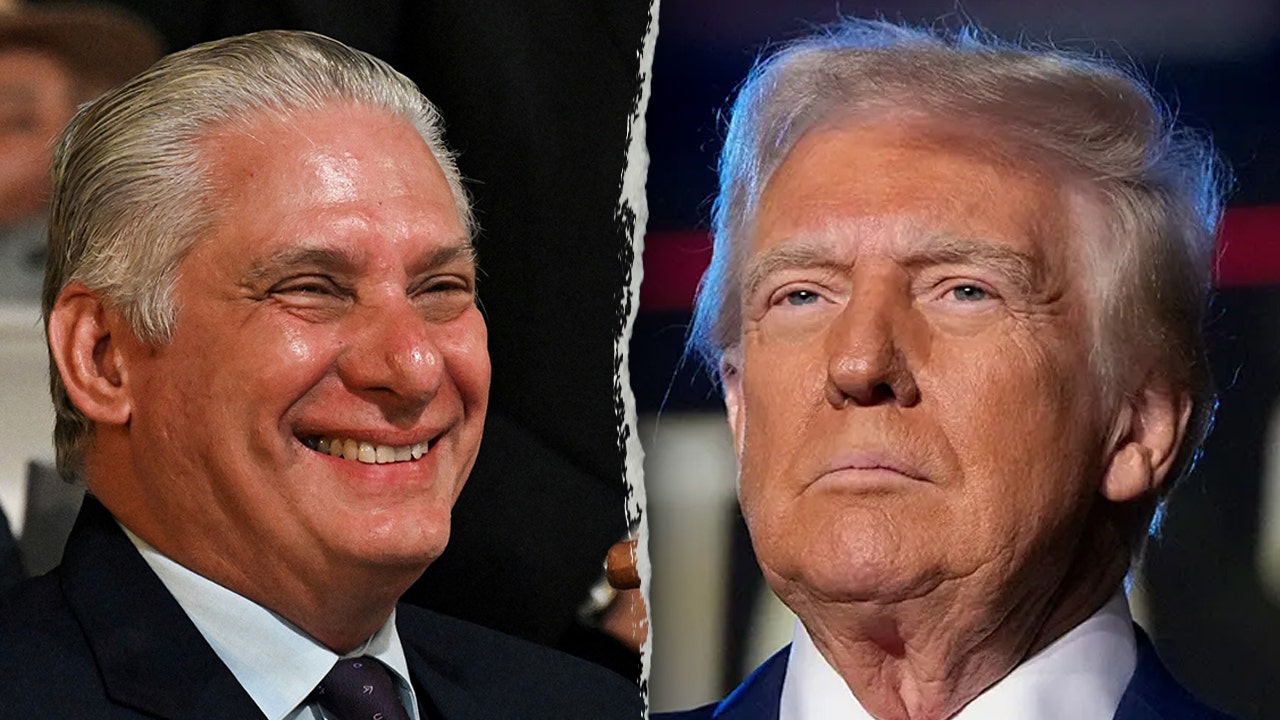US cuts defense ties with Cuba over island nation harbored terror fugitives

The U.S. State Department has officially labeled Cuba as a “not fully cooperating country” (NFCC) due to its failure to assist in counterterrorism efforts. This decision comes after Cuba refused to hand over at least 11 fugitives to U.S. authorities in 2024. State Department spokesperson Tammy Bruce announced the certification under Section 40A of the Arms Export Control Act, which will result in a ban on the sale or export of defense services to Cuba.
Bruce stated, “In 2024, the Cuban regime did not fully cooperate with the United States on counterterrorism. There were at least 11 U.S. fugitives from justice in Cuba, including several facing terrorism-related charges, and the Cuban regime made it clear that it was not willing to discuss their return to face justice in our nation.” She further elaborated that the Cuban government’s refusal to engage on this issue, along with other instances of non-cooperation on terrorism-related law enforcement matters, made cooperation on counterterrorism futile in 2024.
Secretary of State Marco Rubio not only certified Cuba as an NFCC but also re-certified Iran, Syria, Venezuela, and North Korea as NFCCs. In a separate move, the Biden administration lifted Cuba’s designation as a state sponsor of terrorism in January. This decision reversed a move made by the Trump administration in 2021.
Former President Joe Biden stated that the Cuban government had not supported international terrorism in the preceding six months and had provided assurances that it would not support such acts in the future. However, Cuba was previously designated as a state sponsor of terrorism in January 2021 by the U.S. Embassy in Cuba, which accused the country of repeatedly supporting acts of international terrorism and providing safe harbor to terrorists.
The designation of Cuba as a state sponsor of terrorism was a contentious issue, with the country being on and off the list since the Reagan administration. In 2016, former President Barack Obama became the first U.S. president to visit Cuba since 1928, as part of efforts to normalize relations between the two countries. However, these efforts faced resistance from President Donald Trump, whose administration argued that Cuba had failed to cooperate on counterterrorism.
State Department officials highlighted Cuba’s refusal to extradite suspects wanted in Colombia for a police academy bombing that resulted in casualties. Additionally, Cuba was accused of harboring American fugitives, including Joanne Chesimard, also known as Assata Shakur, who was convicted of killing a New Jersey State Trooper in 1973.
In response to Cuba’s actions, Trump imposed travel and financial restrictions on the country in 2017, criticizing Obama’s previous deal with the regime as “one-sided.” The ongoing tensions between the U.S. and Cuba regarding counterterrorism cooperation have created challenges in bilateral relations.
It is essential to monitor how this latest development will impact diplomatic relations between the two nations and whether Cuba will take steps to address the concerns raised by the U.S. government. The situation underscores the complex dynamics of international relations and the importance of cooperation in addressing global security threats.




